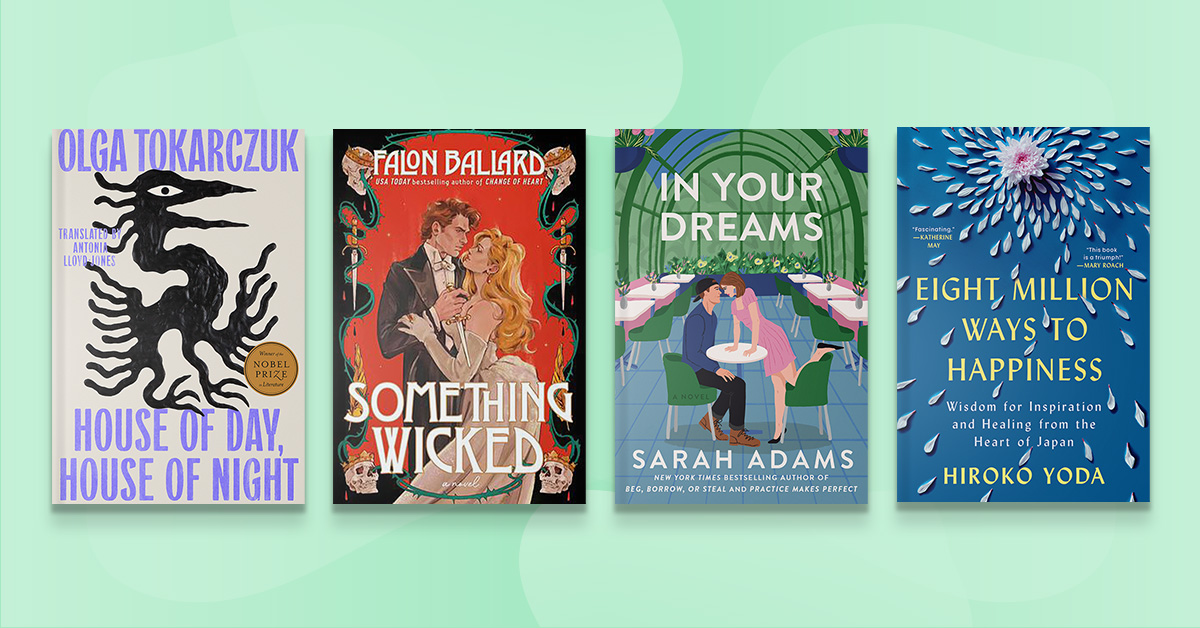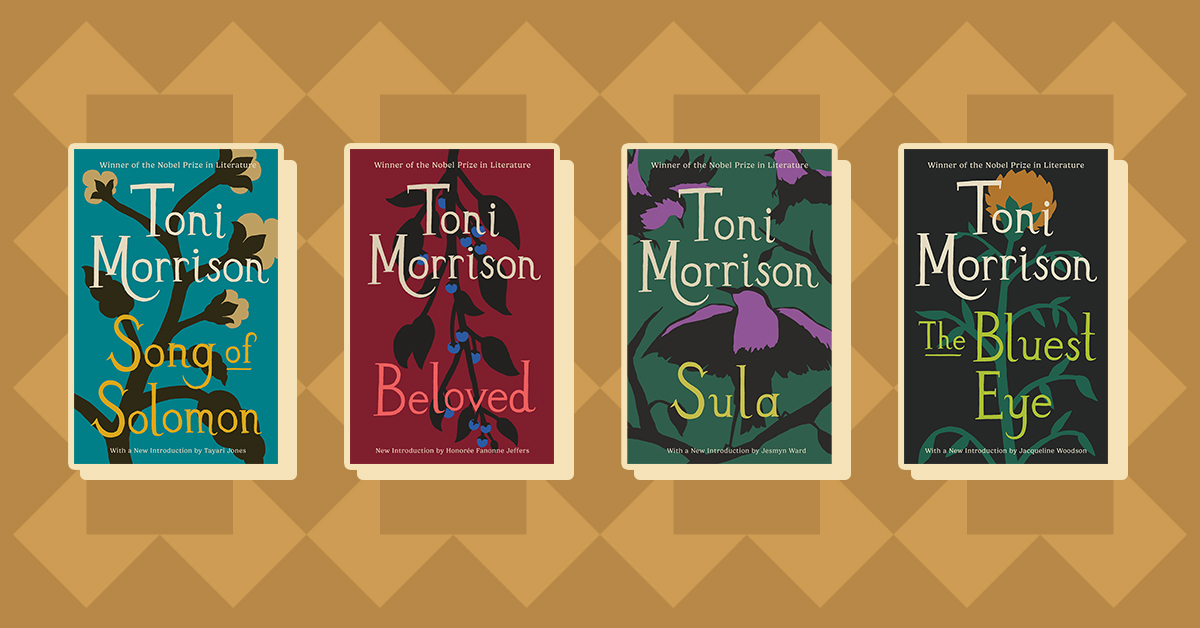This resource is a part of a collection about combating book bans. See more of what we’re doing and learn how you can help here.
Jump to resources.
Jacob Tobia is a gender nonconforming writer, producer, and performer based in Los Angeles. A member of the Forbes 30 Under 30 and the Out100, Jacob made television history voicing the nonbinary character of Double Trouble in Netflix’s She-Ra and the Princess of Power. Their writing and advocacy have been featured by The New York Times, Time, The Guardian, Good Morning America, and The Daily Show with Trevor Noah, among others. Originally from Raleigh, North Carolina, Jacob has worn high heels in the White House twice. Sissy is their debut memoir.
If you’ve made it to this page, I’d like to start by saying congratulations. As a general rule of human history, banned books are the best books. If you’re concerned that something you wrote has or might be banned – concerned enough that you’ve made your way here, to this page – odds are, you’ve got talent, audacity, courage, and moral authority for days. It’s Mark Twain, Alice Walker, J.D. Salinger, and you, baby. Welcome to the club: exclusive and glorious, open only to the greatest.
My favorite part of book bans is that they always backfire on the shortsighted people who institute them. By banning a book, fascists make it iconic. Fascists are the idiot parents who take a book they hate, a book that represents revolutionary or radical or powerful ideas that they don’t want their children to understand, put it on the highest shelf, slap a sticker on it that says “NO MATTER WHAT YOU DO, DON’T READ THIS, K?” and in so doing, make it the most alluring book in the house. At a moment when trans and queer storytellers like me are under attack across the country, I try to remind myself of this daily. The more they ban us, the more power we, in fact, have. The more deeply they try to bury our ideas, the more deeply they embed our seeds in the earth.
But don’t get it twisted: though we rise above them, book bans are deadly serious.
These days, I’ve been thinking a lot about Weimar Germany and Magnus Hirschfeld’s Institut für Sexualwissenschaft (Institute for the Science of Sexuality). From 1919 to 1933, the Institut served as the trans/queer hub of continental Europe and beyond. They amassed a massive library of texts about gender nonconforming people, trans lives, and queer love. It was more than a research hub; it served as a safe haven for trans and queer people to celebrate who we are, live empowered lives, and develop our own culture.
In 1933, when Nazi book burnings began, where did they start? They started with the Institute. They raided the Institute’s library, burned its nearly 20,000 unique works, and set off a process of censorship and cultural destruction that ultimately paved the way for the Holocaust.
Today is, in many ways, no different. Under the guise of “promoting family values,” “ending critical race theory,” and “protecting children,” fascists are attempting to rid libraries across the country of books by Black, brown, queer, and trans authors. As authors whose livelihoods are dependent on the free expression of ideas, we must all take these efforts seriously. No matter how you identify or what you write, these book bans directly affect you. Sure, they may start by banning books from authors of difference, but make no mistake: if permitted to proceed, they will not stop there. Which is why we must halt them in their tracks now.
Here’s the caveat. As authors, we must resist not only their efforts to ban our books, but also their efforts to make us afraid. Now is not the time to cower. Now is not the time to stop writing. It is the time to double down on our creative joy, on the power that comes with expressing the ideas and stories shimmering in our hearts.
That’s why I’m glad you’re here. From Toni Morrison and Richard Wright to Helen Keller and Albert Einstein, we will continue in the genius footsteps of authors before us.
Together, we will defeat book bans.
Yours in Solidarity,
Jacob Tobia
Here are some resources we recommend in fighting censorship. Follow the prompts for inspiration:
“I Want To Learn More About the Issue”
- Get an overview:
- United Against Book Bans
- Set up a Google Alert for articles on Book Bans, Challenges, and Censorship
- Learn if your work has been censored in school libraries:
“My Work Has Been Banned”
- Contact the Censorship Crisis Hotline
- Check out this tip sheet: So Your Book Has Been Challenged
“I Want To Get Involved But I Am Worried for My Safety”
- Review the PEN Online Harassment Field Manual
- Learn more about the different kinds of online abuse you may experience and find tips for dealing with online abuse
- Don’t forget about self-care
“I Have Limited Time To Dedicated to This Issue But I Want To Do Something”
- Follow Pen International on Twitter, Facebook, Instagram, and YouTube, and help raise awareness about specific cases
- Stay informed about legislation in your state
- FastDemocracy is a tool available both in a free and paid version that allows you to track bills using filters to narrow your results
- EveryLibrary Legislation of Concern is a list of bills by state that negatively impact libraries and library systems
“I’ll Do Anything I Can To Help”
- Explore the full United Against Book Bans Toolkit
- Join a PEN International Campaign
- Discover Book Resumes – resources to justify keeping frequently challenged titles on shelves












